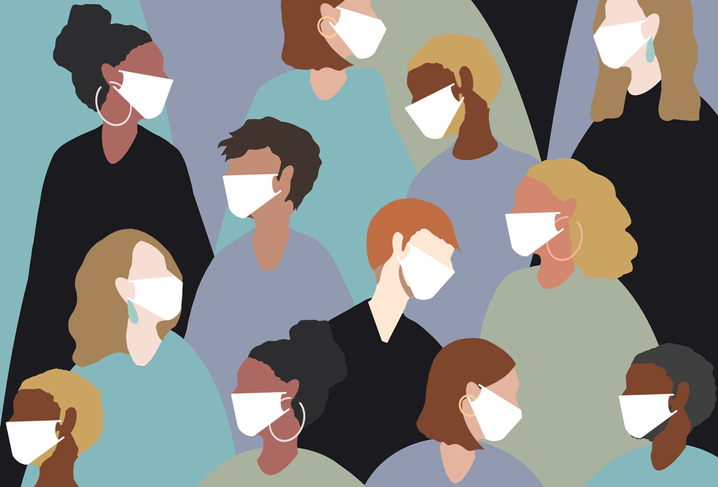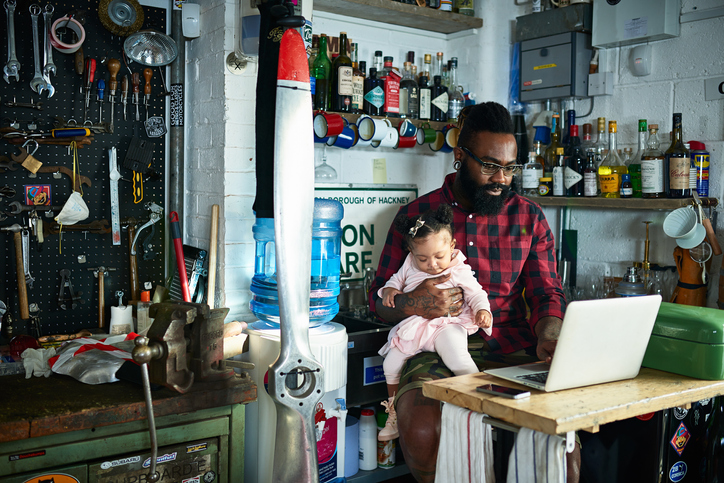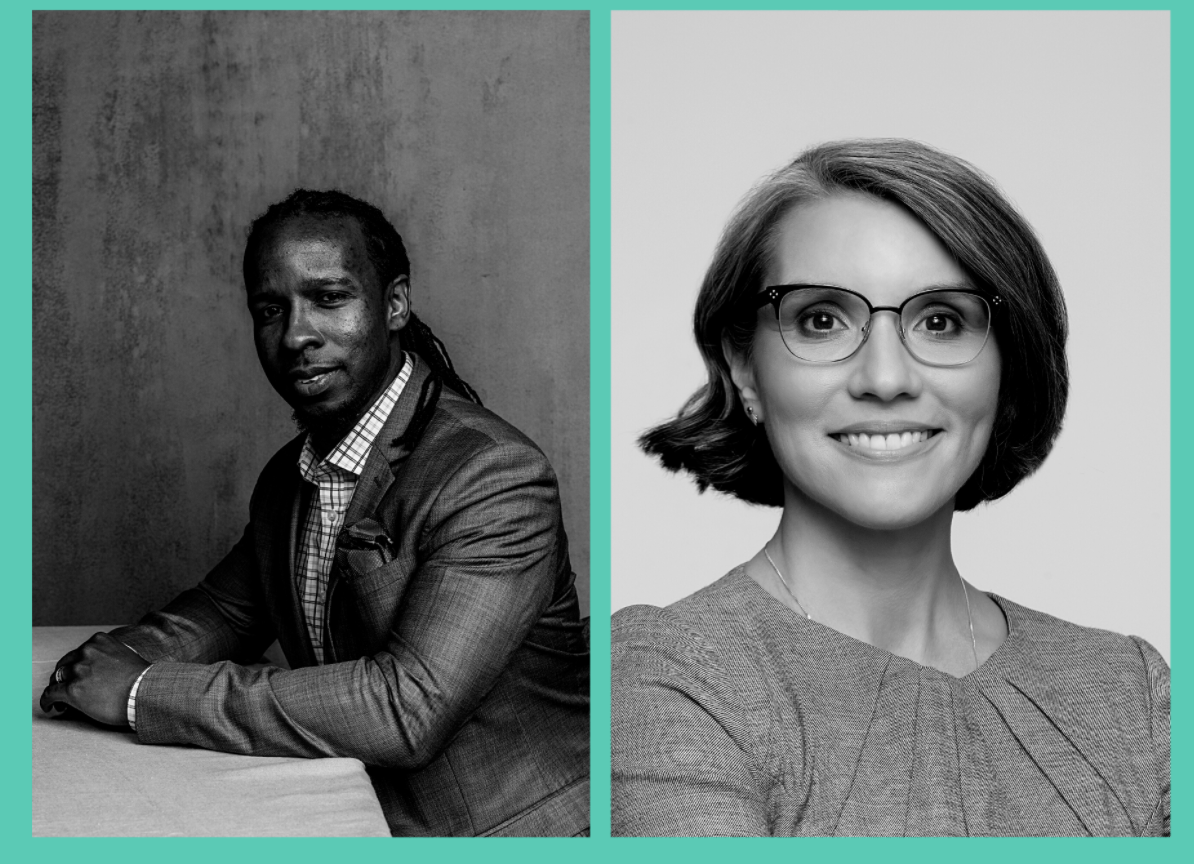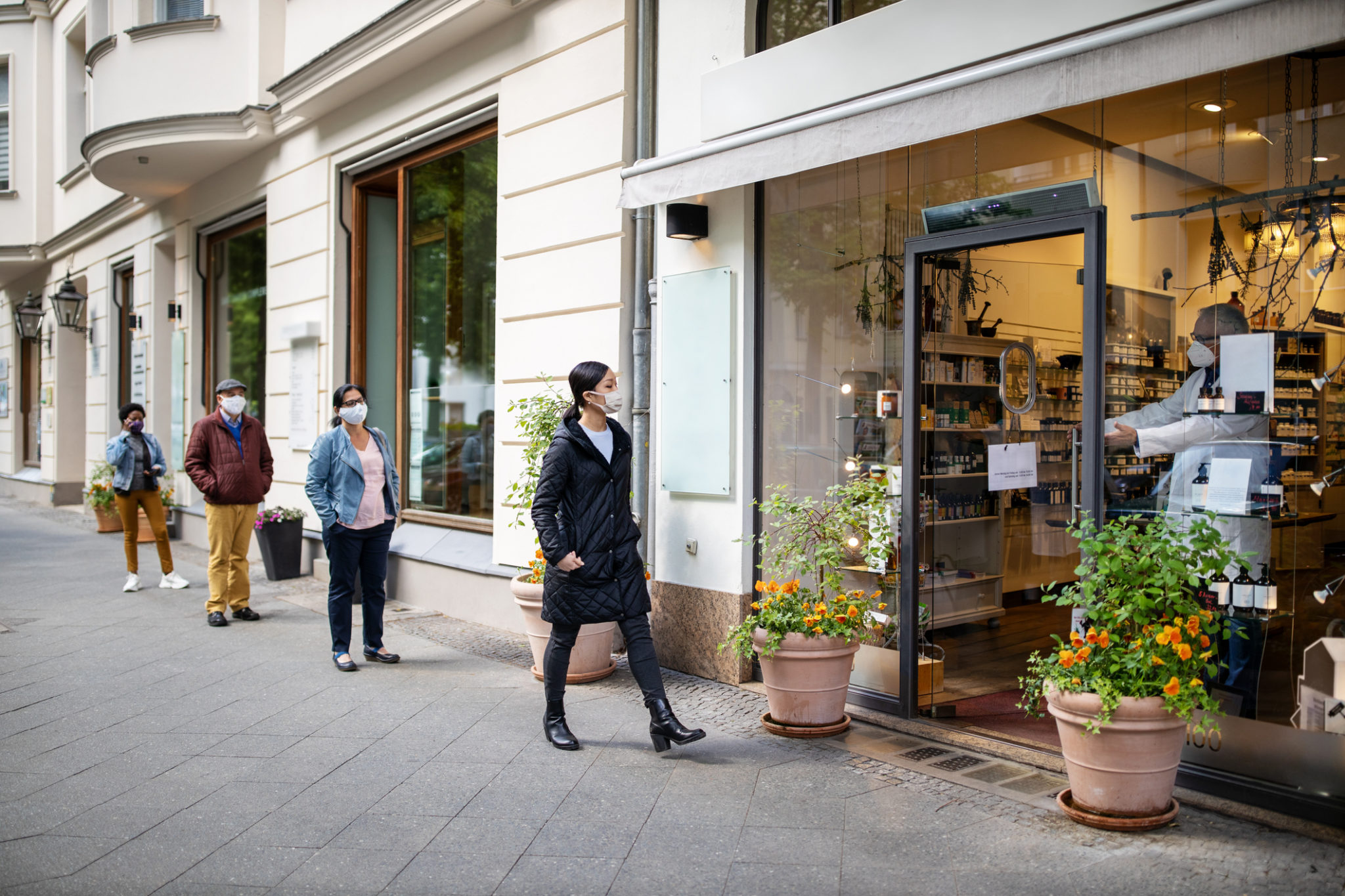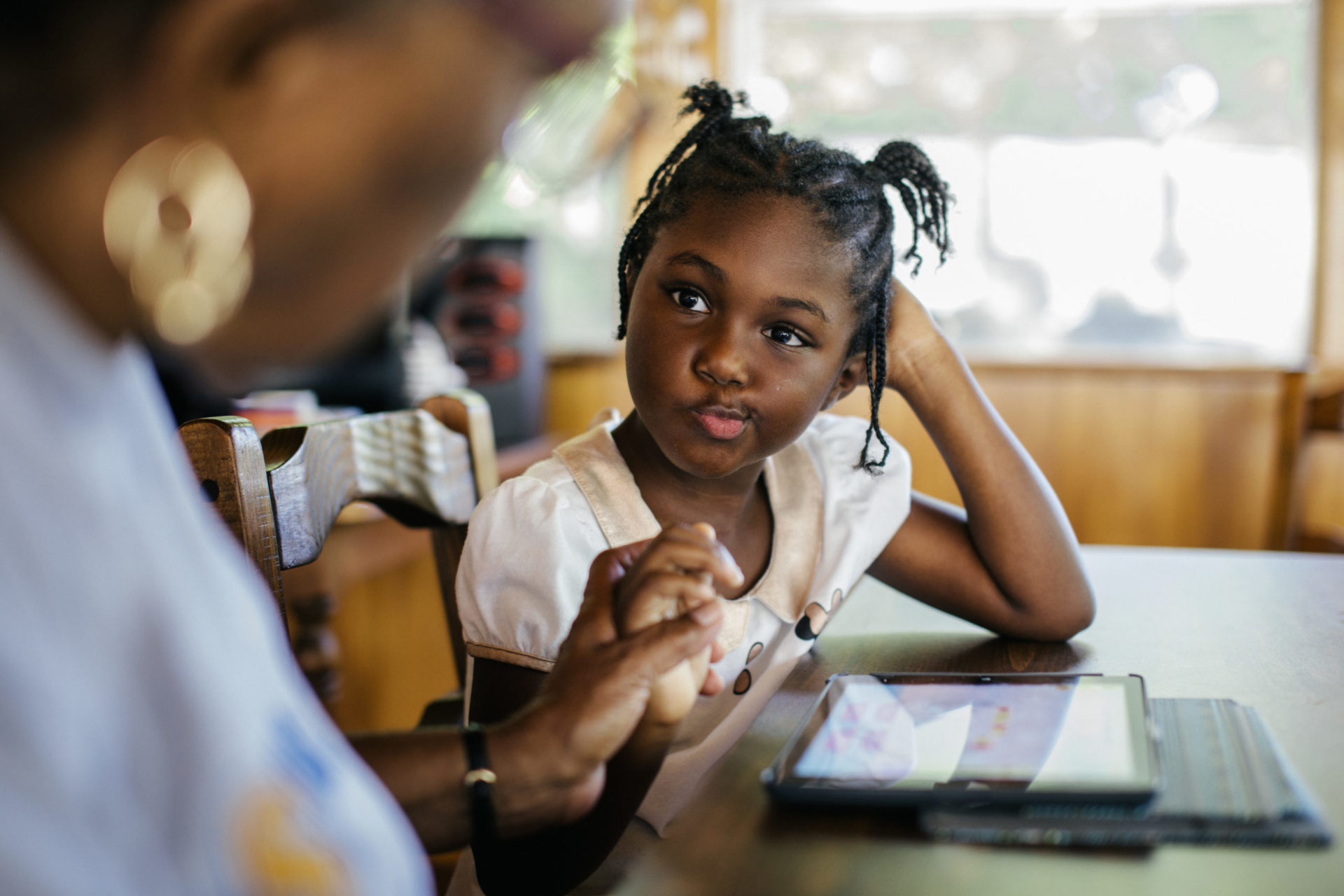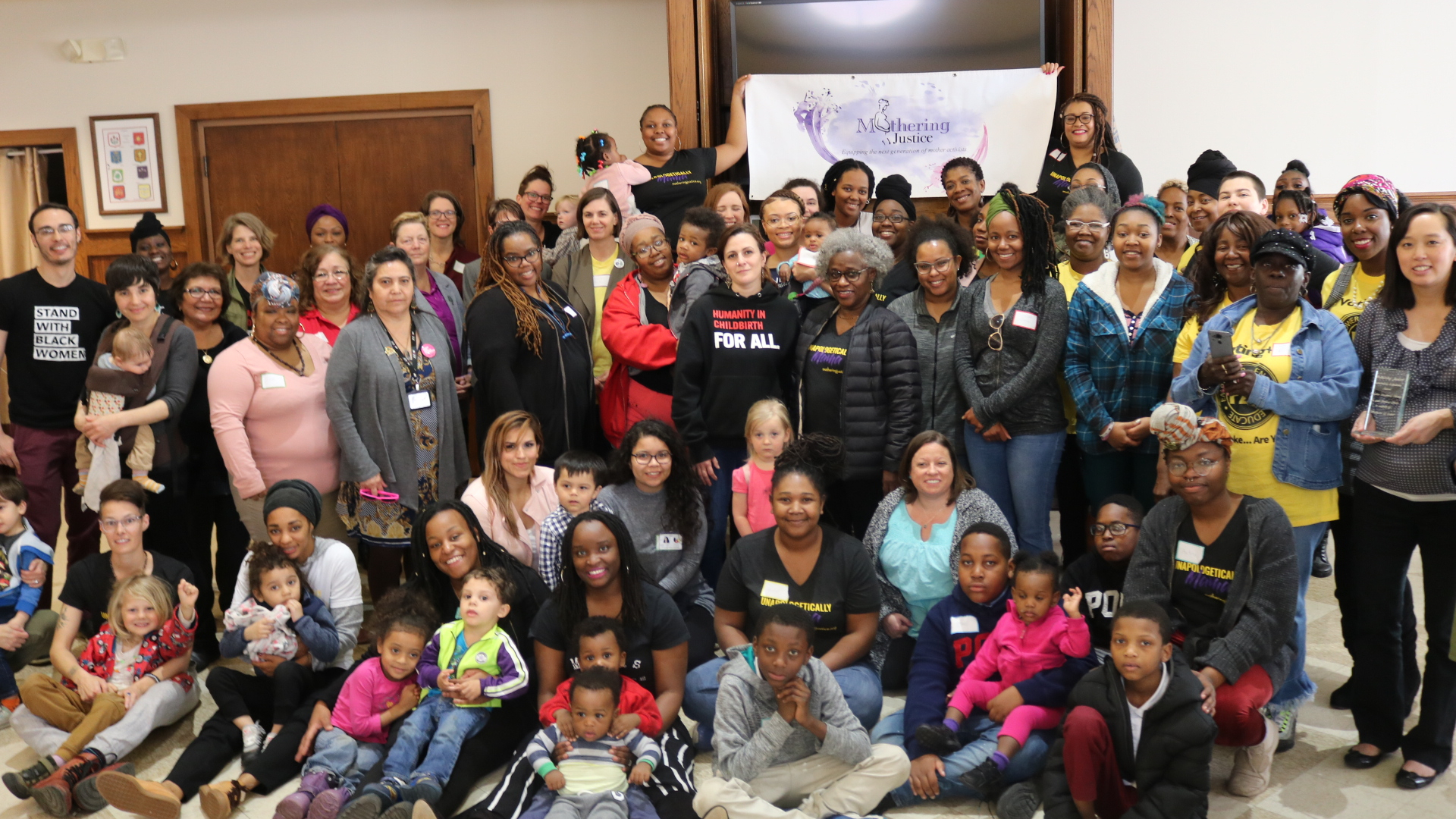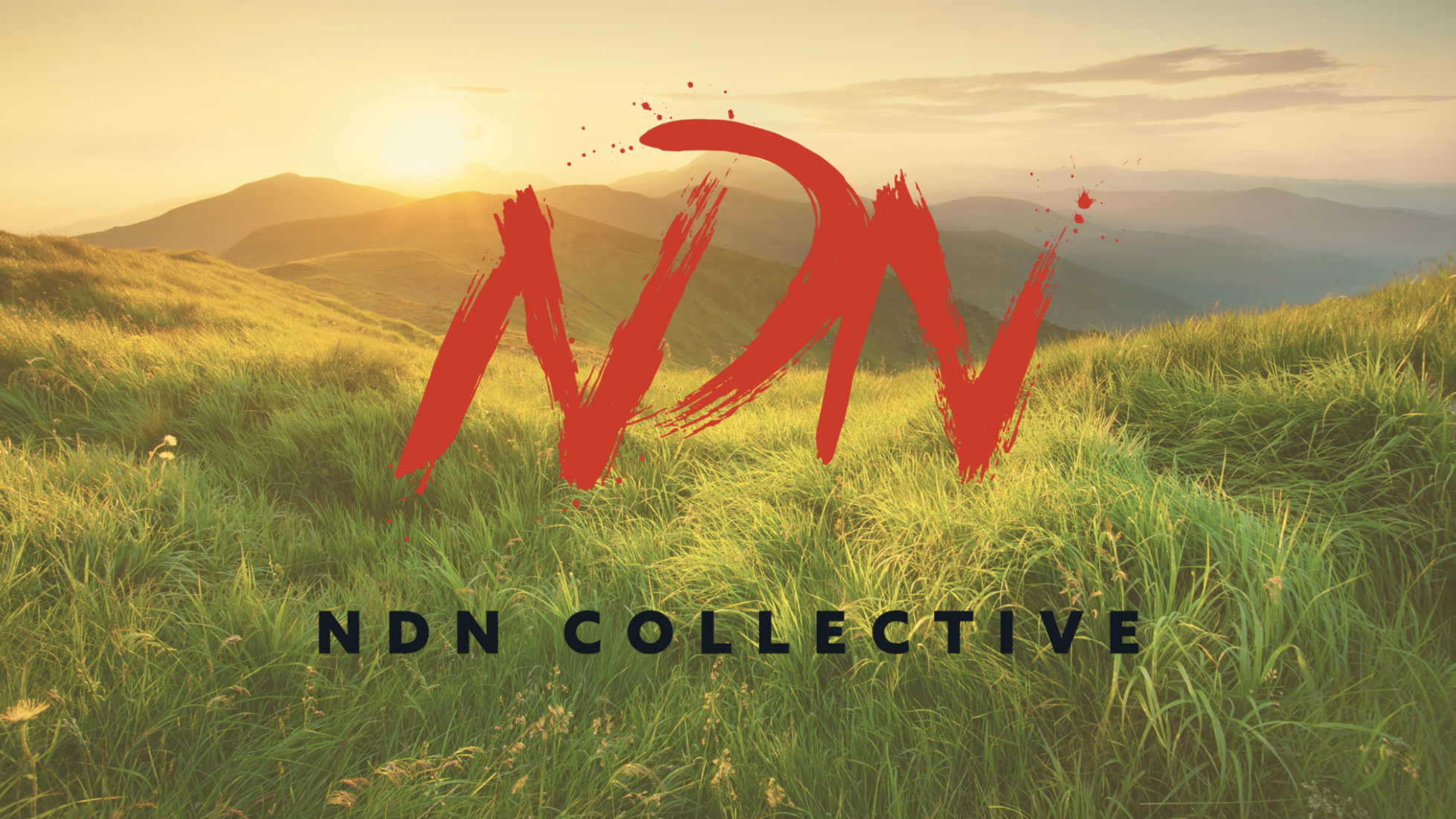For #BuildItBackBetter, NationSwell asked some of our nation’s most celebrated purpose-driven leaders how they’d build a society that is more equitable and resilient than the one we had before COVID-19. We have compiled and lightly edited their answers.
No matter who we are, how we live, or what we believe, we all share a deep, instinctual need and capacity for human connection and belonging. It’s at the core of our shared humanity — and baked into our DNA.
As human beings, we yearn to be in relationship: to feel seen, valued and understood; to inhabit places where we live together, work together and look out for each other; to be part of a community of shared values and aspirations that is bigger than ourselves.
And yet, we are living in a culture that all too often reinforces just the opposite. A culture that stokes distrust and amplifies divisions. That fuels hyper-individualism and alienates us from ourselves and each other. A culture that creates a distorted sense of belonging for some of us by telling others they don’t belong.
As we navigate the “twin pandemics” of COVID-19 and racial injustice, we face a fundamental challenge that lies at the heart of all others: a crisis of human connection.
All around us, we see more and more Americans living in isolation, loneliness, anxiety, and fear. And all too often, our culture reinforces a zero-sum game that seeks to benefit by pulling us further apart — with an “us vs them” mentality that’s eroding our faith in each other, our institutions and the future we seek for our children.
The sheer speed and scale of these challenges can seem overwhelming, but beneath them lies a simple and inescapable truth: we cannot solve our nation’s most complex and urgent challenges unless we see, hear and understand each other first.
If we want to build it back better, we must draw upon one of the greatest and oldest technologies we have as a species: human connection. Our ability to connect, empathize, build relationships, and collaborate may be our greatest gift. When we start to see ourselves in others and recognize that our own humanity is a reflection of our shared humanity, we begin to shift from a culture of turning on one another to turning toward one another.
Einhorn Collaborative works with community leaders, researchers, and cultural influencers to help each and every one of us build stronger relationships, embrace our differences, and rediscover our shared values and humanity —with the belief that by doing so, we can find common ground and solve our most urgent challenges together.
Through this Build It Back Better series, The Relational Era: A Culture of Connection, Bridging, and Belonging, we’ll lift up the voices of individuals and communities who are writing a new story of America. We’ll hear bold and practical ideas for what’s needed to build a more inclusive and connected culture from a wide range of vantage points and disciplines, and a through a mix of large public events, intimate working groups, and action-oriented articles.
We’ll share powerful stories, compelling science and cross-disciplinary research that shows us new ways of living, working and thriving together – by embracing radical bridge-building in our politics, by inspiring interfaith cooperation in our communities, by using ritual in the service of social healing, by fostering intergenerational relationships and igniting a new generation of bridgers, by nurturing emotional intelligence and cultivating moral leadership, by promoting civic love and elevating bright spots of civic renewal. And so much more…
We believe that addressing America’s crisis of connection and building a true culture of connection, bridging, and belonging is not only critically urgent, but possible — and already underway in communities across our country.
We believe the prevailing narratives of distrust and division are not only flawed, but reversible.
And we believe that when we sit down to listen, learn, and share different perspectives, we unlock entirely new ways of seeing ourselves, each other, and the needs and values we share.
Through this series, we invite you to join us on a journey of envisioning what it will take to build a culture of connection, bridging, and belonging – and to commit to doing this vital work alongside us.
Jenn Hoos Rothberg is Executive Director of Einhorn Collaborative.

